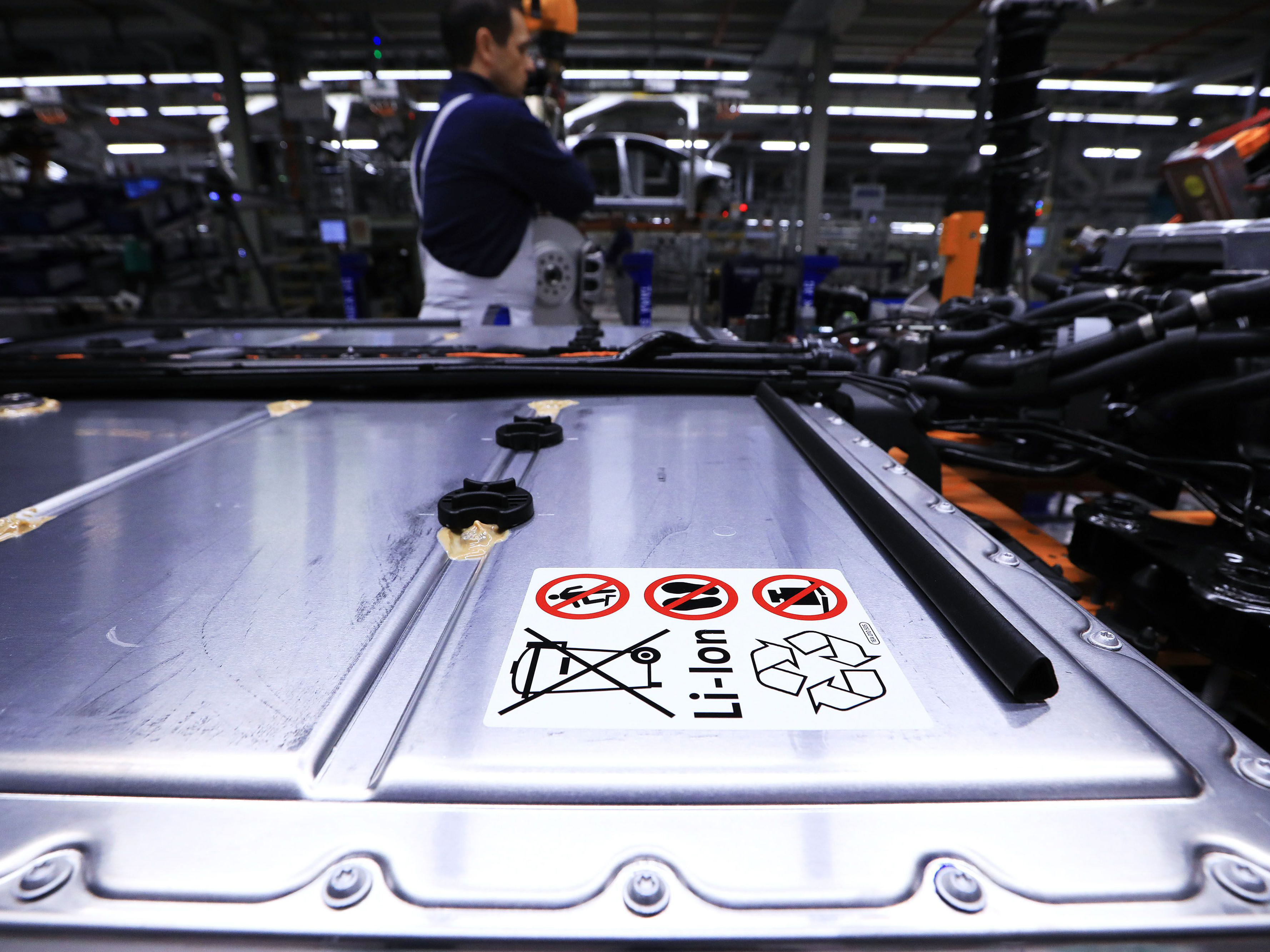
Think Tank
Could Slowing the Transition to EVs Benefit Supply Chains?

There’s no question that electric vehicles (EVs) will become far more common in the future, while cars equipped with internal combustion engines (ICEs) will lose their stature as the choice of consumers and manufacturers alike. Yet the future of the automotive industry isn’t as clear-cut as one might think, and supply chains will play an integral role in determining how smoothly everything proceeds.
With lithium-ion batteries having become the current standard for EVs, most manufacturers are factoring them into their current and future model lineups. But this isn’t necessarily the best strategy, when taking into account the fight against climate change. It’s vital to design a supply chain that allows for alternative sources of power, rather than one that’s focused exclusively on lithium-ion.
The need for reducing carbon emissions to address climate change doesn’t mean that transitioning to EVs is our only hope for reducing our carbon footprint. According to the Environmental Protection Agency, greenhouse-gas emissions in the U.S. range across six distinct sectors, with transportation responsible for 29% of the total, electricity production 25%, industry 23%, commercial and residential 3%, land use and forestry 12%, and agriculture 10%. And while transportation is the largest source of these emissions, only half comes from passenger cars and light trucks. That brings into question the need to phase out ICEs by 2035 — General Motors’ target date for achieving an all-electric lineup.
What’s more, the U.S. government isn’t setting that drastic a target. As described in the Washington Post, President Biden’s plan seeks to “eliminate carbon emissions from the electric sector by 2035, impose stricter gas mileage standards … and upgrade the nation’s transportation system.” If the government doesn’t expect ICEs to be gone by 2035, does it make sense for automakers like GM to push for an all-electric lineup by that date? Presumably that means they’ll spend the next 14 years building up a supply chain designed to support the most common battery for EVs at the moment, lithium-ion, which despite currently dominating the market has problems that call its long-term viability into question.
First, it’s not easy to ship lithium-ion batteries. They raise a number of glaring logistical issues, such as high density and weight, resulting in increased shipping costs. Battery fires that cause damage to shipments are also a concern. Finally, the demand for batteries is likely to outstrip supply in the coming years. According to R&D World, getting new mines for the raw materials in lithium-ion batteries operational can take between five and 10 years.
There are several alternatives in development. Hydrogen-powered cars, while extremely inefficient at the moment, are being pursued by certain manufacturers such as Karma, which is testing a type of fuel cell EV that uses methanol to generate hydrogen fuel.
A closer competitor to lithium-ion is zinc-air batteries, which are beginning to look quite promising. MotorTrend reports that a company known as ThunderZee has designed a type of zinc-air battery that is much cheaper, considerably safer, and has a higher energy density than lithium-ion batteries. It’s also rechargeable, which was a previous drawback to zinc-air. In addition, since zinc is more widely available than lithium, especially in the U.S., the supply chain supporting it is bound to be much simpler.
The last alternative offers a sliver of hope to those who want the ICE to stick around: synthetic fuel, or eFuel. Porsche is among those investing heavily in this technology. Car and Driver notes that Porsche’s eFuels “are made out of CO2 and hydrogen, and are produced using renewable energy.” Porsche further claims that eFuel will be as clean as an EV, and can be used in any ICE today. Only time will tell if eFuel makes economic and environmental sense, and can allow ICEs to remain on the roads for the long haul.
In short, just because lithium-ion is dominating the battery market right now, it doesn’t mean that it will in the future. By 2035, there could other clean energy alternatives that are superior to current technologies. If manufacturers slow their current plans to switch to lithium-ion-powered EVs, and instead focus on research and development of alternative fuels while increasing the gas mileage of their remaining ICEs in accordance with government targets, then their supply chains should be ready to support those new alternatives. Such a strategy will make the transition to an entirely zero-emission future for transportation that much smoother.
Adam Bartz is a junior at the University of Wisconsin Whitewater.






